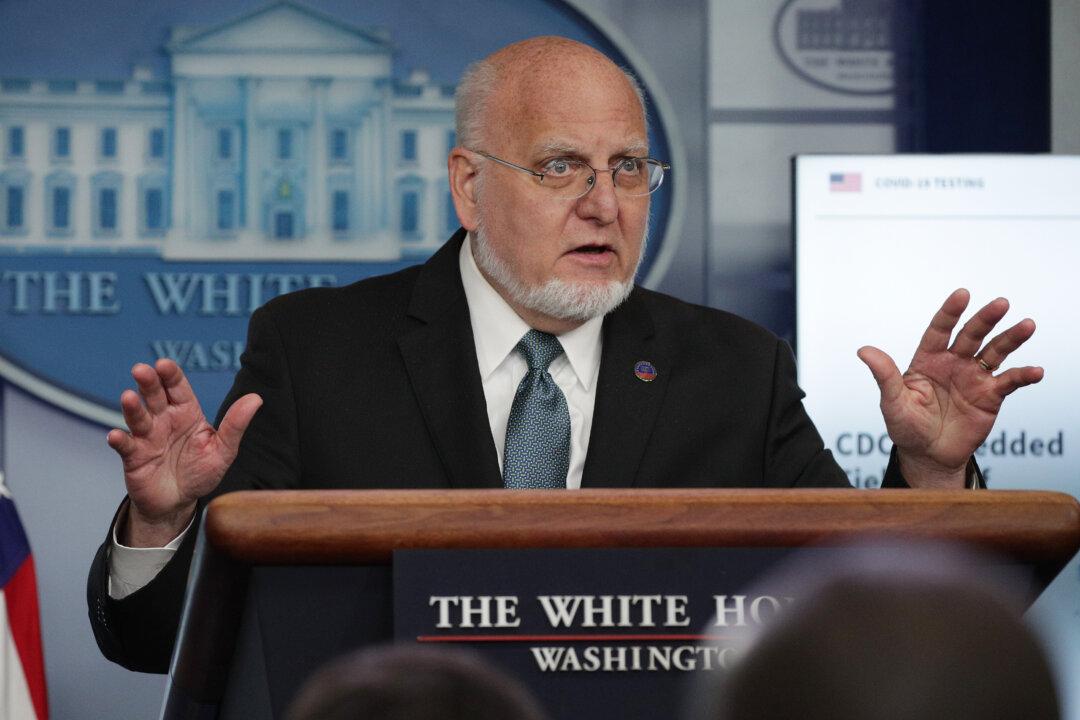The head of the U.S. Centers for Disease Control and Prevention (CDC) has warned that a second wave of the CCP virus could hit this winter and is likely to coincide with peak flu season.
Director Robert Redfield told The Washington Post in an interview April 21 that the United States needs to prepare for the winter virus to be even deadlier than the current pandemic. He also said that states should remain cautious as they move to reopen their economies and continue to practice social distancing measures.




